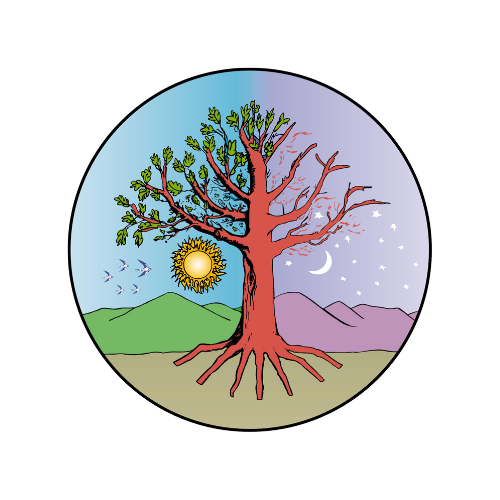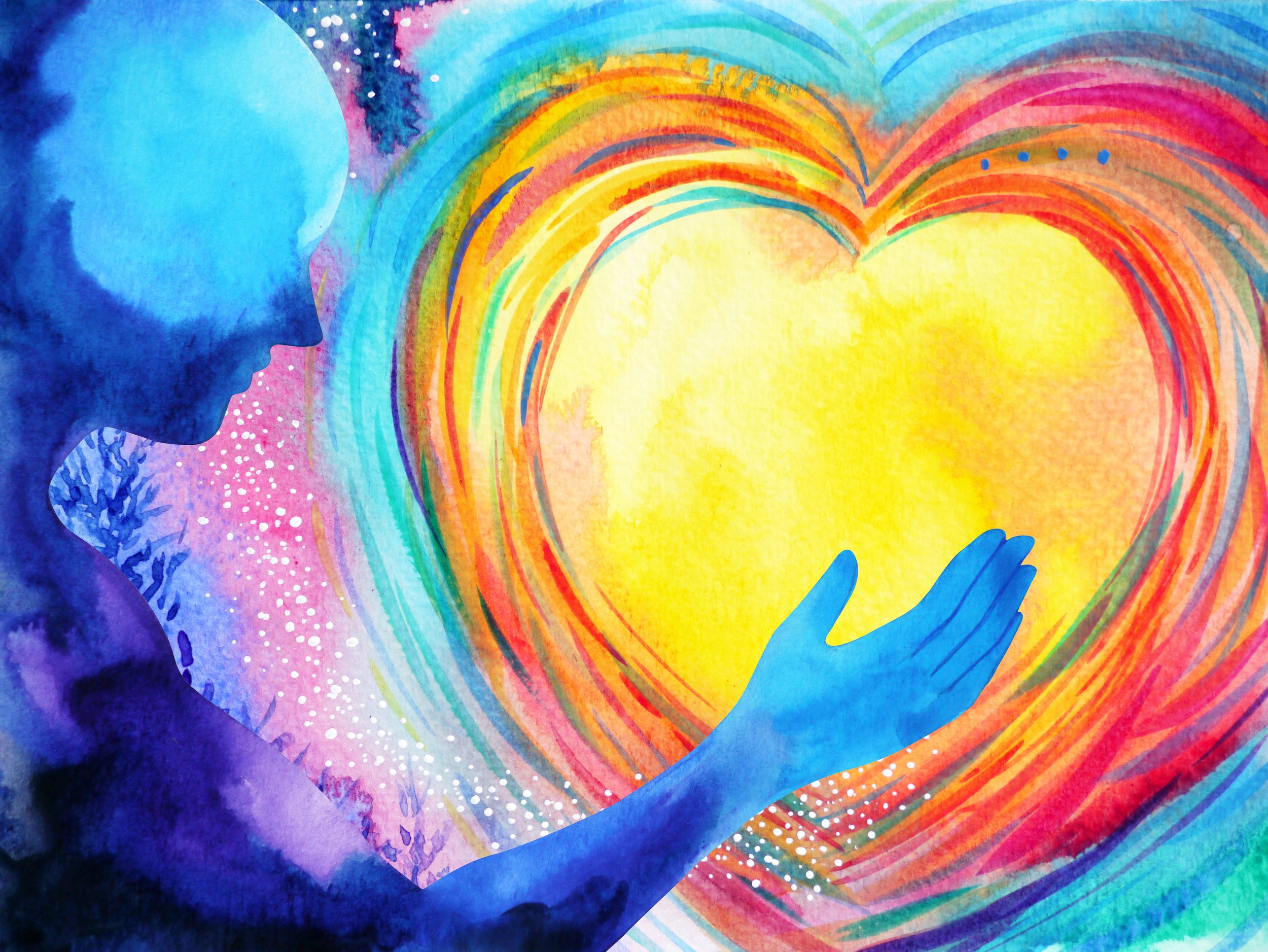Pathwork teaches us about the 3 parts of each of us. There’s the Higher Self part of us that is a gift from God/Spirit/the Universe (whatever word works for you). We don’t do anything to earn this gift, and it becomes who we are inside. We have different amounts of each of the three gifts: Courage, Love, and Wisdom. These gifts are present to guide us in everything we do including the choices we will make in life.
Are you aware of the deeper part of you that carries the Higher Self?
Based on the Pathwork teachings, as we grow into life, all does not follow along as we would like. Early on in our lives, we begin to twist or distort these Higher Self qualities. In Pathwork we call this twisted part, the Lower Self which is a distortion of a Higher Self quality. Courage gets distorted into negative self-will; Love gets distorted into the kind of emotion that we use to cover up another emotion; and Wisdom gets distorted into reasoning—using thinking as a way to prevent us from feeling. Each of these Lower Self categories continues to be a part of who we are just as is the Higher Self.
Can you risk connecting to your Lower Self?
The Lower Self that is formed when we distort a part of the Higher Self, and the Mask Self that covers up the Lower Self trying to make us be more presentable to the world combine to make up our defense system. Our job in Pathwork is to discover the Lower Self in all its distortions and return it to its Higher Self original form while connecting more and more with the spiritual part of us. The Lower Self believes it must remain hidden. Our job, then, becomes finding what is unconscious in us. That unconscious self will rise to the surface when we use techniques from the Pathwork.
The Lower Self wants to remain hidden, wants to sneak up when we aren’t paying attention and convince us that it knows all and can show us what to do in a given situation. Unfortunately, it habitually leads us into behavior that doesn’t get us what we want, into a behavior to which others react negatively. We must begin to look at our behavior and how it affects others.
For example, we may get aggressive and try to assert ourselves from a place of negative self-will. That’s the distortion of the courage Divine Ray. Or we may notice that we use submission to hide our true feelings from others which is the distortion of the divine quality of Love. Another example is to look for withdrawal which is the distortion of the divine aspect of wisdom.



















